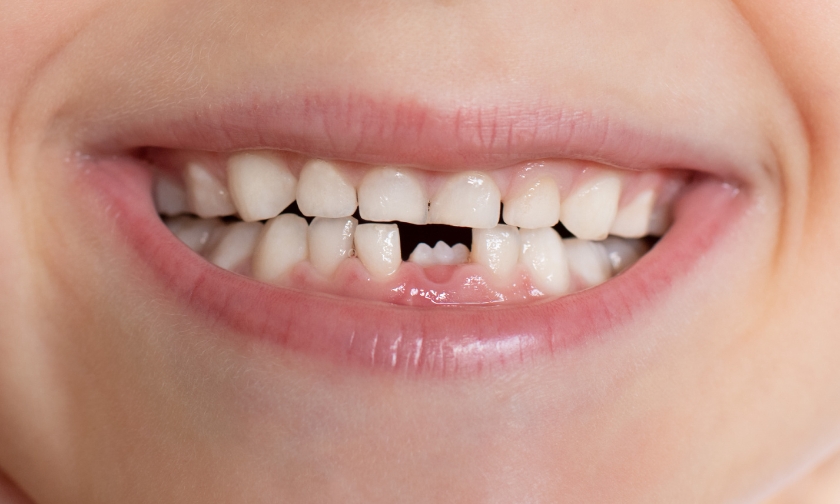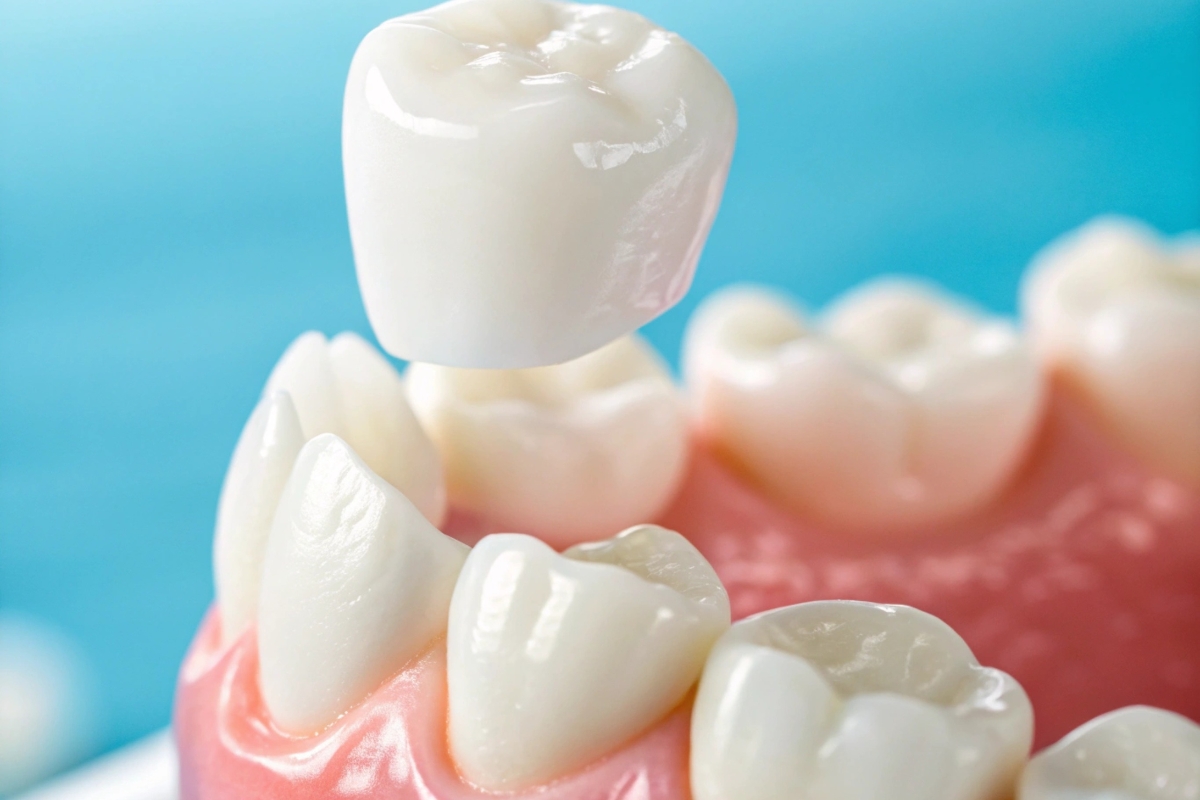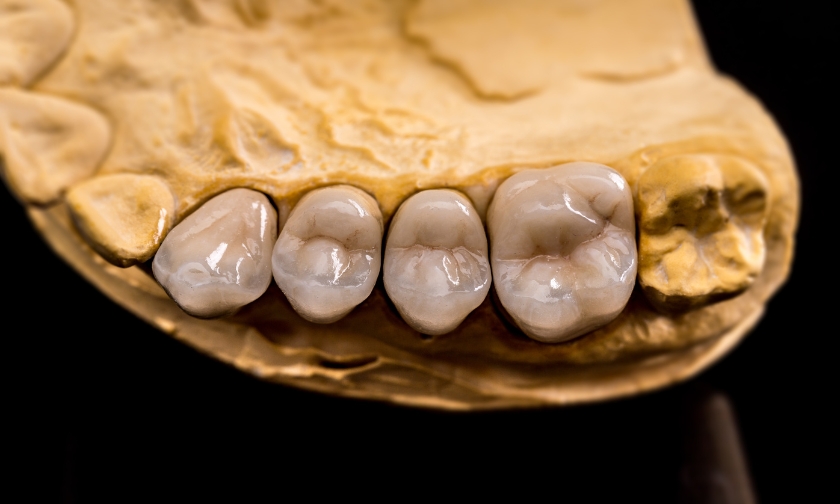
A chipped or broken tooth can be painful and alarming. Whether it happens while eating, playing sports, or due to an accident, quick action can help reduce pain and prevent further damage. Knowing what to do immediately can make a big difference.
This guide covers simple yet effective first-aid steps. Follow these tips to protect your tooth and ease discomfort until you can see a dentist.
What to Do Immediately After a Tooth Breaks?
Acting fast can prevent complications. If you cannot visit an emergency dentist, here’s what you should do right away.
- Rinse your mouth – Use warm water to clean the area. This removes debris and lowers the risk of infection.
- Save any broken pieces – If possible, collect the tooth fragments. Your dentist may be able to use them for repair.
- Control bleeding – If there is bleeding, apply gentle pressure with a clean cloth or gauze. Keep it in place until the bleeding stops.
- Reduce swelling – Use a cold compress on the outside of your cheek. This helps with pain and prevents swelling.
- Avoid touching the exposed area – If part of the tooth’s inner layer is visible, keep it clean and protected.
- Use dental wax or sugarless gum – If the broken edge is sharp, cover it to prevent cuts inside your mouth.
Different Types of Tooth Damage and Their First Aid
Not all broken teeth are the same. The level of damage determines what to do next.
Chipped Tooth
- Usually affects only the outer layer (enamel).
- If there’s no pain, dental treatment may not be urgent.
- Still, avoid biting with the chipped tooth to prevent further damage.
Cracked or Fractured Tooth
- A crack may be minor or deep enough to expose nerves.
- If you feel pain or sensitivity, it could mean the crack has reached the inner layer.
- Avoid chewing on that side and see a dentist as soon as possible.
Broken Tooth with Nerve Exposure
- Severe pain often means the nerve is exposed.
- Avoid eating or drinking anything that could worsen the pain.
- Cover the area with dental wax and get immediate dental care.
Knocked-Out Tooth
- Hold the tooth by the crown, not the root.
- Rinse it gently if it is dirty, but don’t scrub or remove tissue fragments.
- Try to place it back in the socket. If that’s not possible, store it in milk or saliva and see a dentist immediately.
What Not to Do?
Certain actions can worsen the situation. Avoid these mistakes:
- Do not chew on the broken tooth – This can cause more damage.
- Do not ignore the issue – Even if there’s no pain, visit a dentist to prevent future problems.
- Do not use glue or home remedies to reattach the tooth – Only a dentist can fix it properly.
- Do not take aspirin directly on the tooth – This can cause burns on the gum tissue.
When to See a Dentist?
Even if the pain is mild, a dentist should check the damage. Seek professional help if:
- The pain does not go away or gets worse.
- The tooth is loose or has sharp edges.
- There is swelling, pus, or signs of infection.
- The break extends below the gum line.
Delaying treatment can lead to further damage or infection. Getting dental care quickly improves the chances of saving the tooth.
Preventing Tooth Breakage in the Future
Accidents happen, but some precautions can lower the risk.
- Wear a mouthguard – If you play sports, use one to protect your teeth.
- Avoid chewing hard objects – Ice, pens, and hard candies can cause cracks.
- Practice good oral hygiene – Healthy teeth are less likely to break. Brush twice a day and floss daily.
- Visit the dentist regularly – Check-ups help spot early signs of weakening teeth.
- Fix existing dental issues – Fillings and crowns can strengthen weak teeth.
A chipped or broken tooth can be alarming, but quick action makes a big difference. Rinse your mouth, manage the pain, and protect the tooth until you see a dentist. Avoid foods and habits that may worsen the condition.
Even minor damage needs attention. Early treatment prevents future problems and helps keep your smile healthy. By following these simple first-aid tips, you can handle the situation calmly and protect your dental health.



